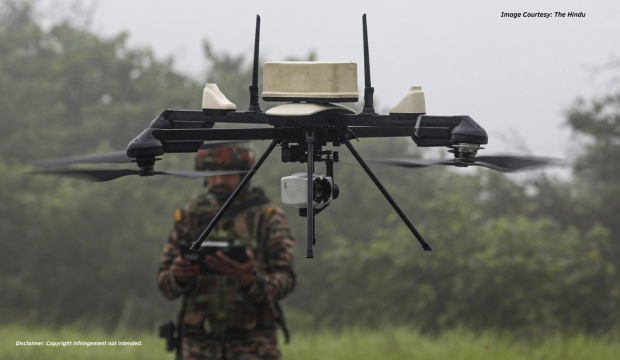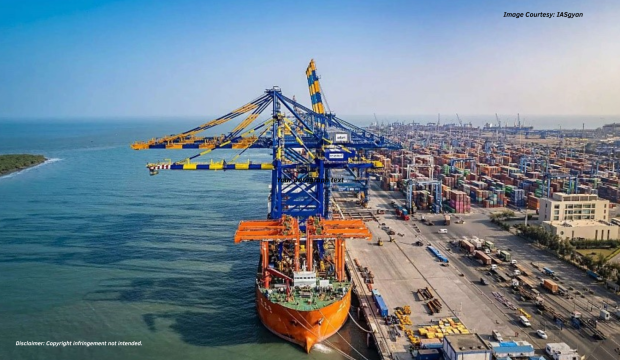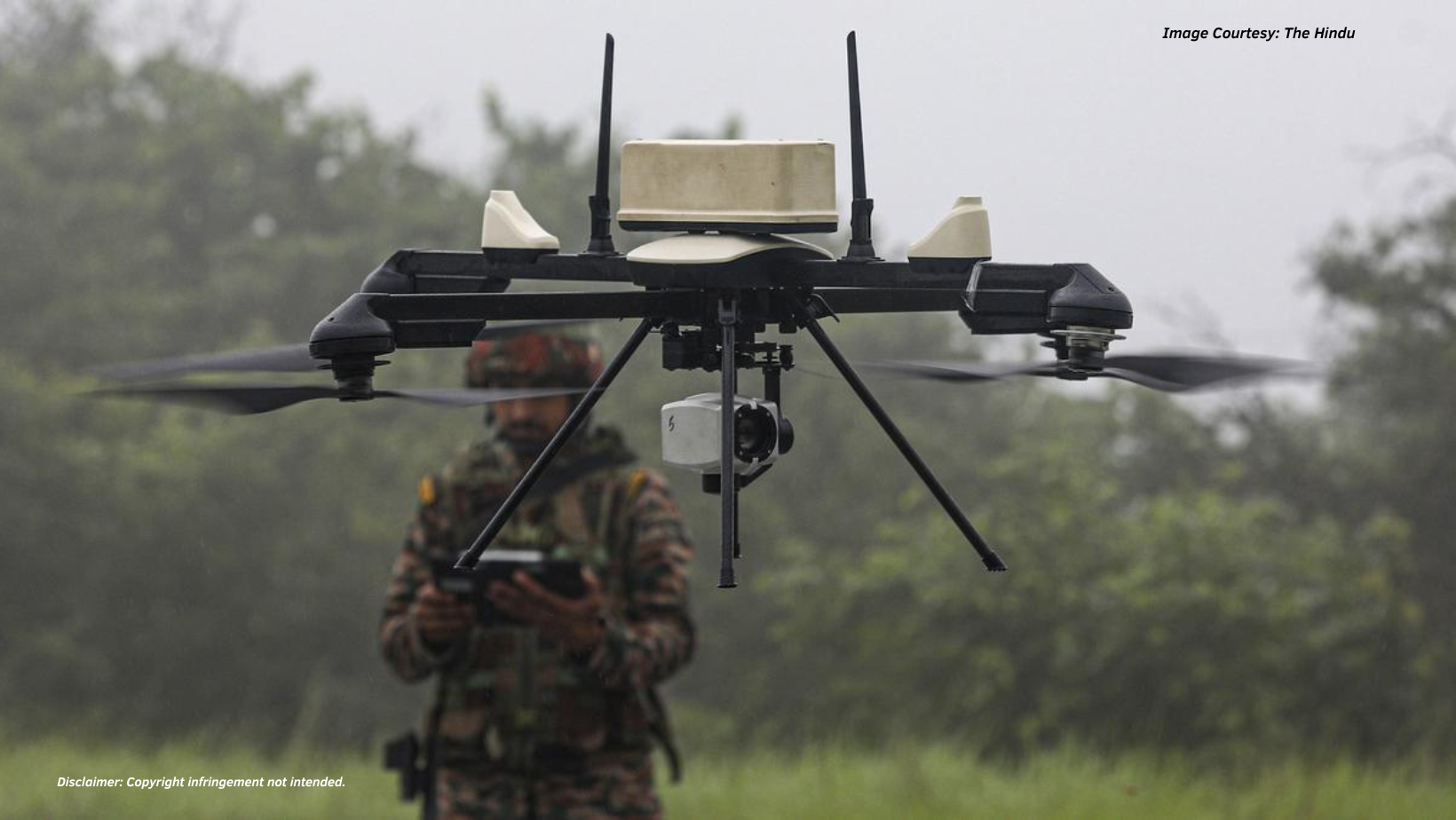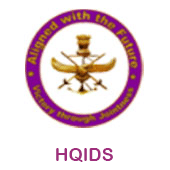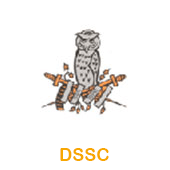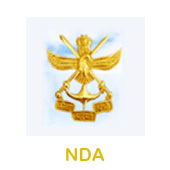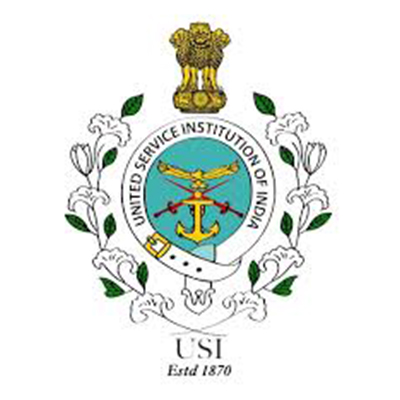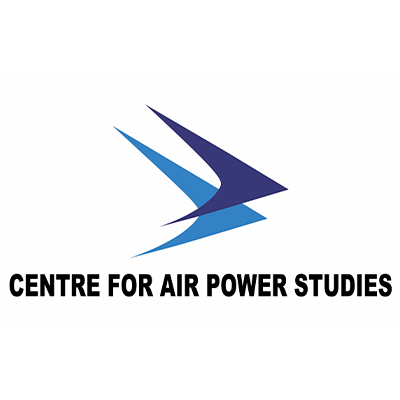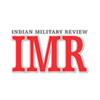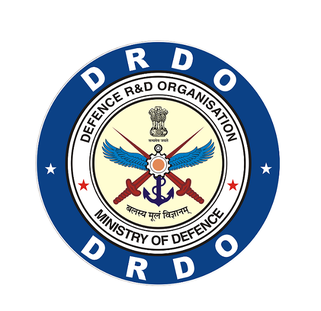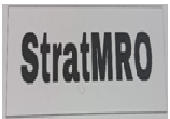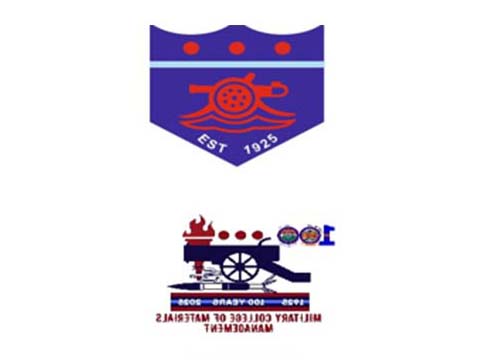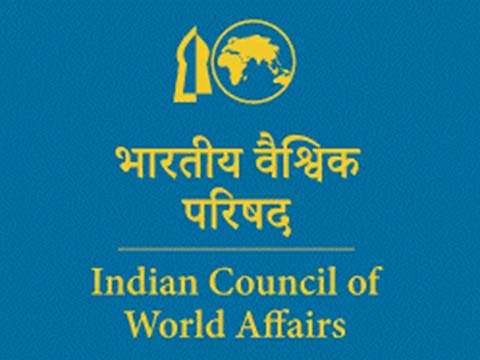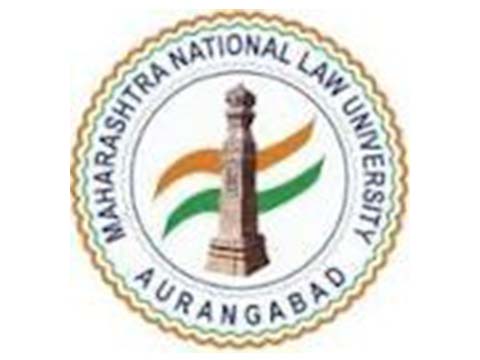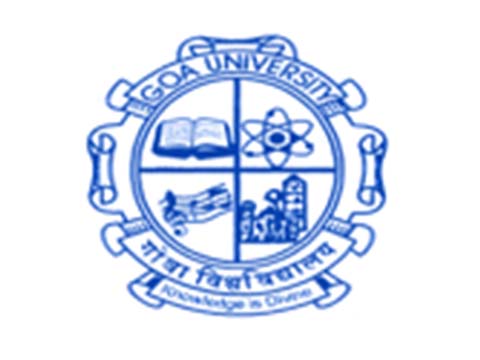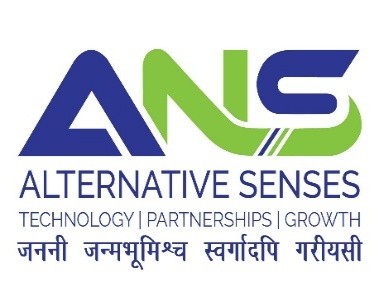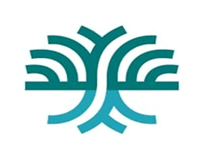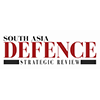BACKGROUND
The idea for Indian Defence University (IDU), an autonomous institution, was initially conceived in 1967, strongly recommended by “Sethna Committee” in 1980 and the 1999 “Kargil War Review Committee”, as well as the Group of Minister’s report on “Reforming National Security System” in 2001.
It was felt that advisors to the Government in security matters needed more information and analysis, as defence policy formulation was a constantly evolving exercise owing to the ever changing nature and increased complexities of security threats and challenges.
The GoM concluded that university research in India in the field of defence was not managed, funded, or structured effectively. It further observed – “Whereas academic research is carried out more or less in a policy vacuum, official agencies undertake their policy making tasks in the absence of the wealth of information available with the academic community. There is a need to ensure that the Government’s policy and decision making processes are informed by the findings of rigorous analyses and research.” Therefore, it recommended that setting up of IDU, which could undertake long term defence and strategic studies, as “the development of country/ region specialization along with associated language skills and studies in strategic areas need to be ensured.”
The Government accepted recommendations of GoM regarding the need to have IDU on 11 May 2001. A 13-member expert committee was constituted to examine the issue in its entirety. It visited USA and China to learn about functioning of their defence universities and recommended adoption of the US model, albeit with modifications to suit Indian needs.
The committee based its recommendations on the following two primary issues:
(a) Deficiencies in Existing Security Policy Making Mechanism. A primary requirement for the attainment of India’s national security aims and objectives is the existence of an effective and focused policy planning mechanism, which has to be long term integrated and anticipatory in nature. The committee felt that national security policy architecture with formal processes and structure was needed to provide synergy between academic research in the field of security and the Government’s requirements for inputs for security policy formulation.
(b) Training Needs of the Services. There are three training components towards the advancement of military officers in their careers – professional service training, training for joint operations/ planning and training for combined military-civil leadership roles in national security policy and planning at the strategic levels. The committee felt that higher education in the fields of national security and security policy was non-existent in India.
The salient recommendations of the committee were as follows:-
(a) IDU should be established as a multi-disciplinary Centre of Excellence in the country in education and research on national security issues.
(b) The President of IDU should be a serving three star officer of the armed services and the Vice-President should be an officer from the Indian Foreign Service. The faculty should consist of 70 officers from the armed forces and 65 from the civil services.
(c) IDU should have a mix of existing and new institutions. Three new institutions should be created for education and research on national security and technological issues. As part of these new institutions, a new “think tank” for defence and security issues should be established with a focus on policy-oriented research.
(d) Three existing institutions should be affiliated to it for award of degrees, while another existing institution should be upgraded.
(e) War Gaming and Simulation Centre should also be established.
(f) IDU should accord recognition by awarding degrees, short-term diplomas, and credits for courses undertaken by serving personnel from the armed forces, paramilitary forces and officers from various civil services.
The GoM had expressed its dissatisfaction at the existing state of research on strategic issues on three counts:-
(a) Limited research activities.
(b) Poorly managed, funded and structured research regime.
(c) Lack of orientation to public policy.
GoM accepted need for IDU purely for long term defence and strategic studies as it felt that ‘policy orientation synergy between the academic community and governmental functionaries were lacking’. Other requirements like training needs of the services and distant learning were added later on by the committee.
CURRENT STATUS
The proposal was approved by the Union Cabinet in 2010 and the Draft Bill was put online in August 2016 for the public consultation, but since then the Bill is still awaiting approval from the Union Cabinet and the Parliament of India. After extensive brainstorming with then Defence Minister, Arun Jaitley and other ministers, the Revised Bill was finalised in December 2017 and it was renamed from Indian National Defence University to Indian Defence University (IDU). There is a school of thought that after the establishment of Rashtriya Raksha University (RRU) in Gujarat, there may not be a need for IDU.
1. However, the RRU runs the following schools:-
(a) School of Internal Security and Police Administration (SISPA).
(b) School of IT, Artificial Intelligence, Cyber Security (SITAICS).
(c) School of Integrated Coastal and Maritime Security Studies (SICMSS). (d) School of Internal Security, Defence and Strategic Studies (SISDSS).
(e) School of Forensics, Risk Management and National Security (SFRMNS).
(f) School of International Cooperation, Security and Strategic Languages (SICSSL).
(g) School of Criminology and Behavioral Sciences (SCBS).
(h) School of National Security and Law (SNSL).
(i) School of Applied Sciences, Engineering and Technology (SASET).
(j) School of Physical Education and Sports (SPES).
These subjects being covered by RRU are in the domain of internal security and more relevant to the police forces, CAPFs and policy makers in these domains. The subjects relevant to the three armed forces of the country are not fully covered. There may be some overlap in certain security related subjects, but that remains the case with all universities which teach various subjects today. It may be more prudent to think of RRU and IDU as complementing each other in terms of security needs at the highest level.
NEED FOR IDU
As per the current status, IDU aims to undertake the following:-
(a) Promote research-oriented national defence policy.
(b) High level leadership development of officers for military duties and policy formulation responsibilities.
(c) Develop and propagate higher education in defence studies like defence management and defence science and technology.
(d) University think tanks for providing policy formulations inputs.
This role and charter are currently not being fulfilled by any single umbrella organization. There are a large number of isolated institutions, think tanks and organization’s which are functioning independently, but these need to be brought together in thought, action and day to day interaction to fully exploit their potential.
Also, with the theatreization of Armed Forces and joint-ness being planned for future operations, it is imperative that the whole-of-nation approach is used for planning, research and policy making on aspects of national defence, projecting national power and out area contingencies. It is in this renewed context that the requirement of IDU becomes supreme.
The creation of IDU will entail the following:-
(a) Creation of additional facilities.
(b) Amalgamation of existing facilities.
(c) Corporate fellowship programme.
(d) Distant learning programme.
(e) Affiliation of existing institutions.
Creation of new research facilities through IDU ought to be justified not only if the envisaged research and education functions cannot be performed by existing institutions, but also to enhance the scope and physical coverage of these institutions. India is on an aspirational curve and creating large number of IITs, IIMs and such like institutions since a limited number of such elite institutions cannot perform the task fully. In a similar manner, a limited number of institutions working in the area of national defence are not adequate.
National Institute of Security Studies. IDU will need the establishment of National Institute of Security Studies for conducting required research programmes on all strategic issues of concern to the Government to enable it to take fully informed decisions. These functions covering national security, defence strategy, international relations, conflict and peace studies and related subjects will entail a larger canvas than currently being covered by any of the think tanks. Also, each think tank can provide its inputs to this National Institute and refine the policy direction further.
College of National Security Policy. Establishment of a College of National Security Policy has been recommended by the committee ‘to act as a think tank contributing to security policy formulation’. It has been often stated that National Defence College (NDC), founded in 1960 is equipped to fulfill the above requirement. The study at the College relates to strategic, economic, scientific, political and industrial aspects of national defence and scope of study includes an examination of internal and external threats to the security of India as well as possible trends for the next ten years. Studies include analysis of diverse factors such as foreign policies of other nations, conflicts over vital economic interests or territorial claims and factional, communal or political differences. Formulation of national strategy for various contingencies up to and including the outbreak of war is also analysed. NDC provides future decision-makers with the necessary skills and background for filling senior positions in national security and associated fields. However, the attendees at the NDC are limited in number and only from the defence and government sector. A larger participation is required and the subjects enlarged for the whole of nation approach.
Institute of Advance Technology Studies. As emerging technologies have a profound influence on defence systems and doctrine, the committee has recommended setting up of an Institute of Advanced Technology Studies at Bangalore in a new campus. This institute can be umbrella organization of interaction between defence, DRDO, industry and technology firms.
Amalgamation of Existing Facilities. The committee has sought establishment of an Institute of Defence Management (IDM) at Secunderabad by amalgamating existing College of Defence Management (CDM). It has also recommended establishment of a Centre for Research and Policy and a College of Industrial Research and Management under IDM. This will further enhance the capabilities of CDM and will provide a boost to research on management related to defence issues.
Corporate Fellowship Programme. Fellowship programmes in strategic studies presently being conducted by a number of universities, lack the standard of research and instructions. Hence, it is imperative that due quality be imparted to these fellowship programmes at the national level.
Distance Learning Programme. A separate department called National Defence Open University is proposed by CONDU to impart distant education in various disciplines, although at a later stage. Presently, a number of Indian universities are offering distance learning programs in defence subjects, albeit of indifferent quality. This will allow a wider democratic participation in defence issues by those spread all over India.
Affiliation of Existing Institutions. The proposal suggests affiliation of NDC, National Defence Academy (NDA) and Defence Services Staff College (DSSC) with IDU.
(a) NDA cadets get graduation degrees awarded by Jawaharlal Nehru University. NDC is affiliated to Madras University for the award of M Phil Degree in ‘Defence and Strategic Studies’.
(b) Similarly, DSSC is also affiliated to the University of Madras which awards M.Sc (Defence and Strategic Studies) degree to all students who qualify on the course.
(c) Other courses of the armed forces have sought piecemeal affiliation with various universities on a case to case basis.
(d) This ad hoc approach will end on establishment of IDU and common programmes of various institutions can be benchmarked against global standards.
As India seeks a role at the global high table, it is imperative that the focus on IDU be revived and the university established at the earliest. Unless importance is given by the government of the day, defence research and related policy study will not take off in the manner desired. The nation must consider it worthwhile to spare its best talent for acquiring strategic orientation. It will also facilitate a change in mindsets and Security policy planners will be encouraged to seek independent viewpoints. It will provide an integrated, collaborative and holistic approach towards long term security assessments and policy formulation. Comprehension of strategic imperatives can only be done in a collegiate manner with inputs provided by various specialists. Synergy between research scholars and Government functionaries can be achieved by regular interaction and mutual confidence. Thus, the Indian Defence University will be an institute of national importance which can serve national defence and external security interests for years to come.




